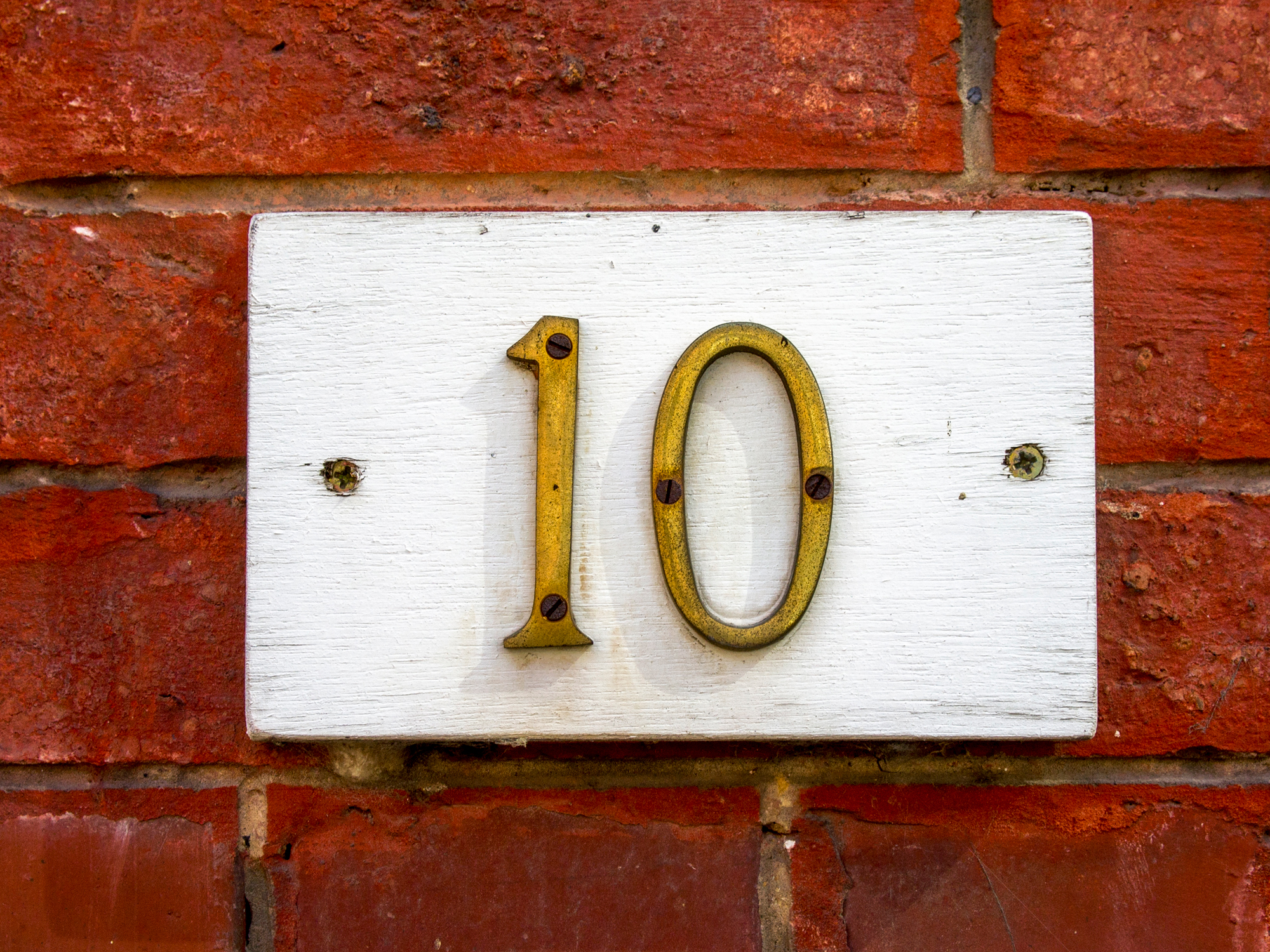Get Easy Health Digest™ in your inbox and don’t miss a thing when you subscribe today. Plus, get the free bonus report, Mother Nature’s Tips, Tricks and Remedies for Cholesterol, Blood Pressure & Blood Sugar as my way of saying welcome to the community!
10 hypertension risks you may not know about

About one in every three American adults suffers with hypertension. Many have seen the devastating consequences in the form of heart disease, stroke, aneurysm, kidney failure or damaged vision.
You probably know the big things that can bring on hypertension, other than a family history: excessive salt intake, anger and stress, smoking, being overweight.
But there are numerous other conditions and circumstances that can put you at just as great a risk, if not greater.
10 hypertension triggers
1. Sugar. Avoiding processed foods that are loaded with salt has long been good advice for avoiding hypertension. But research is showing that it’s the added sugar in these foods that’s the real killer. A diet high in sugars, particularly the high fructose corn syrup found in soft drinks, is a primary cause of metabolic syndrome, a cluster of health threats that include obesity and high blood pressure. According to the American Heart Association, if more than 25 percent of your daily diet is composed of sugars, you are “a heart attack in the making.”
2. Loneliness. More and more research shows that loneliness is a killer. It increases the likelihood of heart attack, stroke and even cancer. Loneliness is not just being alone, but feeling alone and socially isolated. This feeling can be as bad for your health as smoking 15 cigarettes a day. Imagine what that would do to your blood pressure!
3. Sleep apnea. Sleep apnea, a condition that involves snoring and interrupted breathing during sleep, increases the risk of high blood pressure. A Johns Hopkins study found that people with more than 30 pauses in breathing per hour of sleep were more than twice as likely to have high blood pressure than those with uninterrupted breathing. Although obesity is a trigger for both hypertension and sleep apnea, the study found that interrupted breathing on its own was a risk factor for increased blood pressure.
4. Low potassium. Your kidneys help control blood pressure by controlling the amount of fluid stored in your body. When your kidneys filter blood and remove excess fluid, they store it in the form of urine. This process requires a delicate balance of sodium and potassium. Getting enough potassium from natural dietary sources like bananas, potatoes, spinach, mushrooms, eggs, salmon and other foods will balance out your sodium intake and allow the kidneys to keep blood pressure on an even keel.
5. Natural supplements. While we always recommend exploring natural supplements as alternatives to dangerous medications, you should be aware that some can raise blood pressure, including licorice, bitter orange, ginkgo and ginseng. That’s why if you are on any medications, especially blood thinners and blood pressure medications, it’s wise to be aware of the possibility of adverse interactions with not only other medicines, but supplements as well.
6. Thyroid problems. When you do not produce enough thyroid hormone, your heart rate slows. Your arteries become stiffer and less elastic. Blood moves through these hardened vessels more quickly, creating more pressure. On the other hand, too much thyroid hormone can make your heart pump faster, which will also raise blood pressure.
7. Needing to urinate. Studies have indicated that holding onto a full bladder for three hours or more can raise blood pressure.
8. Polycystic kidney disease. An inherited disorder, polycystic kidney disease (PKD) causes clusters of benign cysts to develop in the kidneys. This causes the kidneys to enlarge and eventually stop working. High blood pressure is one of the first symptoms of PKD. If hypertension is not responding to medication, this should be considered as a possible cause.
9. Antidepressants. Selective serotonin reuptake inhibitors (SSRIs) are a class of antidepressant that increases levels of serotonin and dopamine. While this can ease depressive symptoms, dopamine can also increase blood pressure. Effexor and Prozac are two antidepressants that have been linked to increased blood pressure.
10. Cold and migraine medications. Pseudoephedrine, the active ingredient in Sudafed, is known to raise blood pressure. Many migraine medications work by tightening blood vessels in the head, which can be a problem for those with high blood pressure. If you have hypertension, consult your doctor before using these medications.
Editor’s note: Have you heard of EDTA chelation therapy? It was developed originally to remove lead and other contaminants, including heavy metals, from the body. Its uses now run the gamut from varicose veins to circulation. Click here to discover Chelation: Natural Miracle for Protecting Your Heart and Enhancing Your Health!
Sources:
- Dietary sugars and cardiometabolic risk: systematic review and meta-analyses of randomized controlled trials of the effects on blood pressure and lipids — The American Journal of Clinical Nutrition
- The wrong white crystals: not salt but sugar as aetiological in hypertension and cardiometabolic disease — Open Heart
- Eating too much added sugar increases the risk of dying with heart disease — Harvard Health Blog
- High Blood Pressure Linked to Sleep Apnea — Johns Hopkins Bloomberg School of Public Health
- The Impact of Bladder Distension on Blood Pressure in Middle Aged Women — Korean Journal of Family Medicine













